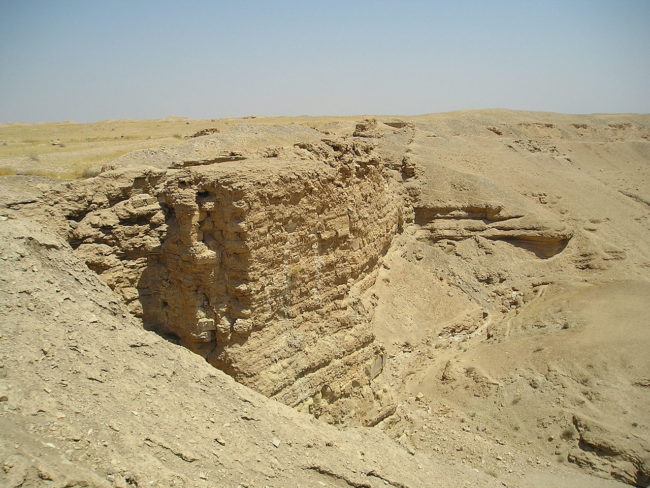What Are Exoplanets And How NASA Detects Life Beyond Our Solar System
Bharti Airtel Set To Acquire Telenor India Within This Year
Google Celebrates NASA’s Discovery Of Seven Earth-Like Planets With An Animated Doodle
Some Home Remedies That Might Sound Bizarre But Actually Work Like A Charm
Akshay Kumar Feels He Has Made Enough Money, Now Wants To Focus On Content & Characters
Delhi ATM Dispenses Fake Rs 2000 Notes From ‘Childrens Bank of India’ With ‘Churan Lable’
Adolf Hitler’s Personal Telephone During World War II Is Up For Auction In The US
From Salman Khan To Rekha, Neil Nitin Mukesh’s Wedding Reception Was Quite A Starry Affair
7 Times The Examination Of Bodies Led To The Discovery Of Ancient Crimes
Archaeology may not be the swashbuckling, adventurous endeavor that the Indiana Jones franchise would have us believe, but it can have its spooky moments. Sure, archaeologists don't usually get into bar fights with Nazis over ancient relics, but they do have to deal with a lot of skeletons. Piecing together the lives and deaths of those who lived thousands of years ago is an important part of the job, and every once in a while, they come across an ancient death with disturbingly dark story. Here are a few of the weirdest archaeological finds of all time. Egyptian Pits of Severed Hands In the ancient city of Avaris, researchers found evidence of a brutal practice that, well, got a little out of hand. Apparently, the Hyksos people, who ruled there around 3,600 years ago, were in the habit of removing the hands of their vanquished foes in order to count them. How do we know that they did this? Well, evidence found in 2012 came in the form of an ancient pit full of hands.
Ancient Persian Chemical Warfare
In 256 A.D., 19 Roman soldiers attempted to defend the Roman city of Dura-Europos, which is in modern-day Syria. Huddled in an underground tunnel, they awaited the Persian advance. Unfortunately for them, they weren't met by infantrymen, but by mysterious smoke (made from sulfur and bitumen) which killed them almost instantly. About 2,000 years later, their remains were found by archeologists, along with the remains of a Persian man clutching his chest. Researchers believe that this is the first recorded case of chemical warfare.

Sweden's Staked Skulls
Thought to be some kind of ceremonial site, archaeologists discovered an 8,000-year-old settlement near Motala, Sweden, that was lined with skulls on stakes. Even stranger is that they found remnants of a female skull stuffed inside of another female skull. Scientists believe that this bizarre practice was part of an ancient ritual, but beyond that, not much is known.






